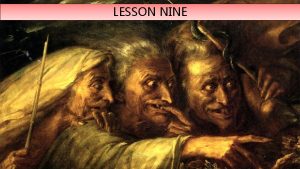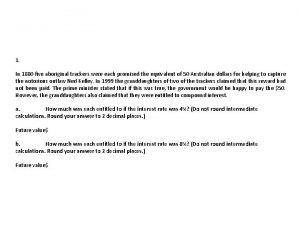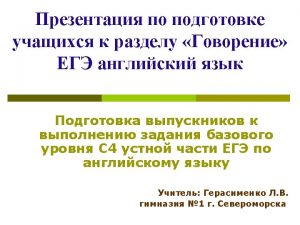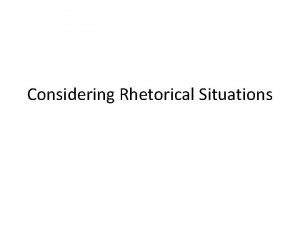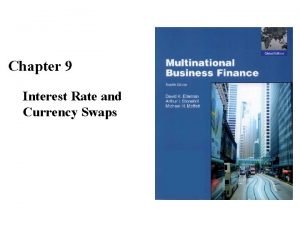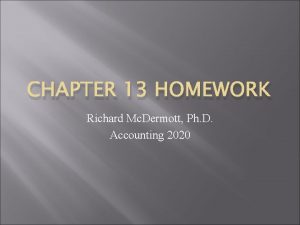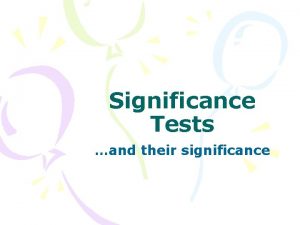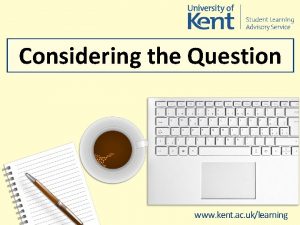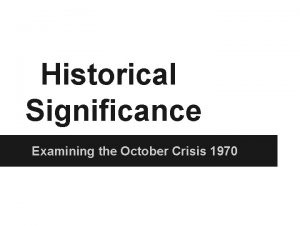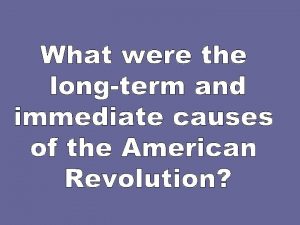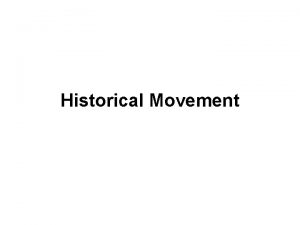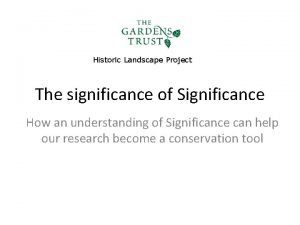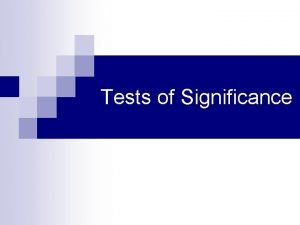What is historical significance Considering the significance of












- Slides: 12

What is historical significance? • Considering the significance of events, people and developments in their historical context and in the present day. The National Curriculum 2007

Key concept 1. 5 Significance From the Explanatory note. This includes: • considering why judgements about the significance of historical events, causes and people have changed over time; • identifying the criteria and values used to attribute significance; • and assessing how these have been used in past and present descriptions and explanations. The National Curriculum 2007

Key concept 1. 5 Significance What can be significant? Example events people developments causes issues changes The National Curriculum 2007

Using criteria – Partington’s model What makes an event significant is dependent upon the following factors: 1. Importance – to people living at the time 2. Profundity – how deeply people’s lives were affected by it 3. Quantity – how many lives were affected 4. Durability – for how long people’s lives were affected 5. Relevance – the extent to which the event has contributed to an increased understanding of present life

Using criteria – Christine Counsell’s model An event/development is significant if they are: • Remarkable – it was remarked upon by people at the time and/or since • Remembered – it was important at some stage in history within the collective memory of a group or groups • Resulted in change – it had consequences for the future • Resonant– people like to make analogies with it; it is possible to connect with experiences, beliefs or situations across time & space • Revealing – of some other aspect of the past

Using criteria – Ian Dawson’s model Reasons for a person being significant. If s/he: • changed events at the time they lived. • improved lots of people’s lives – or made them worse. • changed people’s ideas. • had a long lasting impact on their country or the world. • had been a really good or a very bad example to other people of how to live or behave.

What are your criteria?

Some significance questions: • How significant was Stresemann to Weimar? • Would the Russian Revolution have succeeded without Lenin? • Could you have Nazism without Hitler? • In what ways was Roosevelt significant? • What is the relevance of Nazism/Communism to us today?

Winston Churchill In a recently-released book: ‘Churchill – the greatest Briton unmasked’ Nigel Knight argues that Churchill, as Chancellor of the Exchequer in the 1920 s, was the cause of Britain’s lack of preparation for WW 2, rather than Chamberlain who is often considered the ‘guilty man’ of appeasement. Knight also argues that Churchill helped extend WW 2 by his poor choice of tactics and military decisionmaking, yet he is still regarded as the saviour of Britain in 1940. Churchill, is the ‘greatest Briton’ according to a recent BBC survey.

HMS Birkenhead In January 1852, left Portsmouth conveying troops to South Africa. At 2 am 26 th February the ship hit an uncharted rock, ripping a hole in the hull. Over 400 people died. This disaster started the protocol of "women and children first!" So why don’t we remember it now?

How will you plan for historical significance? Your pupils will need opportunities to: - • use criteria to make judgements on historical significance, • devise their own criteria, • understand, and then explain, that using different criteria can lead to different judgements, • understand, and then explain, that asking different historical questions can lead to different judgements, • explore how judgements on historical significance have varied across different periods, • recognise, and then explain, that holding different values leads to different judgements.

Find out more: www. history. org. uk/resources/secondary_guide_1215, 1253_54. html Bradshaw, Matthew, ‘Creating controversy in the classroom: making progress with historical significance’ in Teaching History, Issue 125, pp 18 -25.
 Banquo's ghost lesson
Banquo's ghost lesson Historical significance
Historical significance What is the historical significance of this act?
What is the historical significance of this act? Historical significance
Historical significance Hamlet historical background
Hamlet historical background Historical significance
Historical significance Nnnn ranch
Nnnn ranch In 1880 five aboriginal trackers
In 1880 five aboriginal trackers Task 2 study the advertisement
Task 2 study the advertisement You are considering buying some flowers
You are considering buying some flowers Rhetorical situation define
Rhetorical situation define Considering interestrate swaps, the swap rate is
Considering interestrate swaps, the swap rate is Imperial jewelers is considering a special order for
Imperial jewelers is considering a special order for
